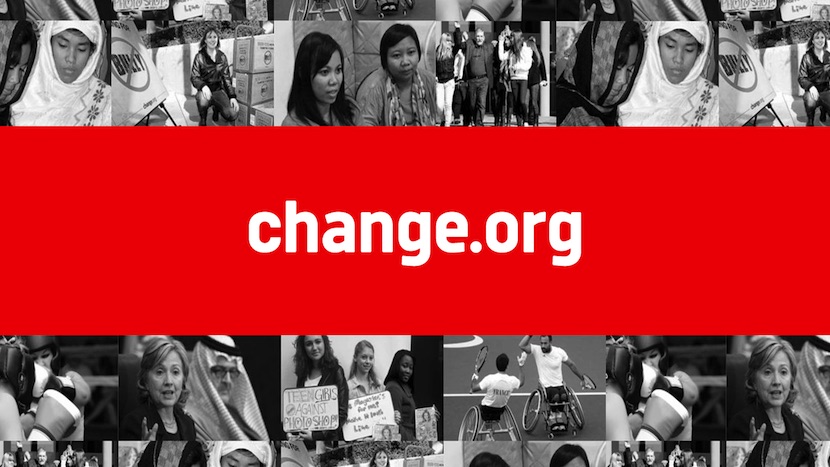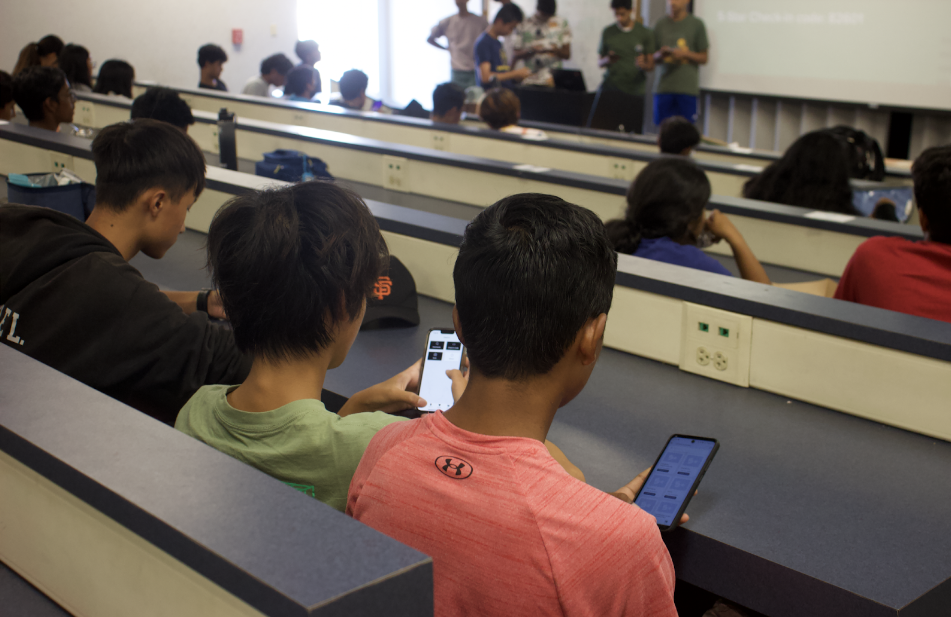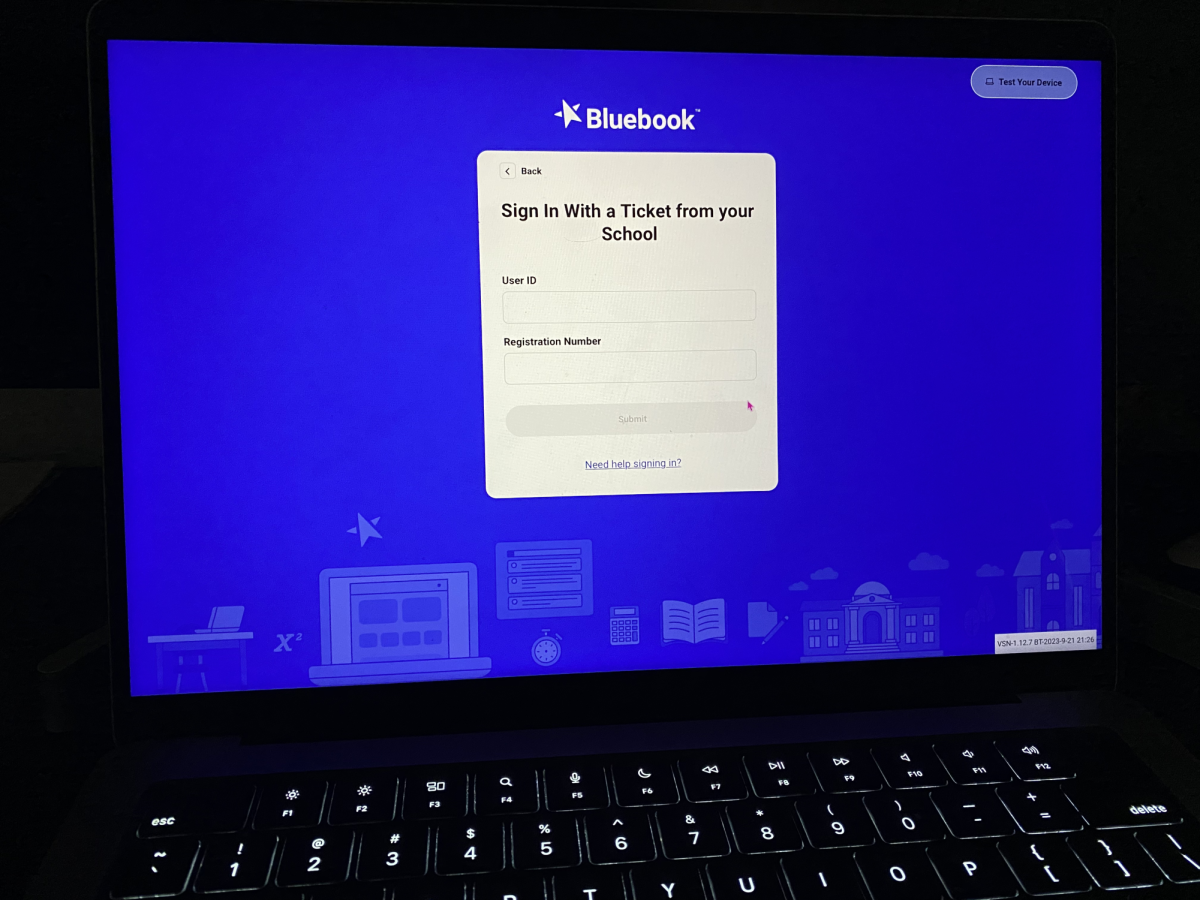(Highly unlikely to make any) Change.org
Change.org boasts of giving power to the people, but exaggerates it’s capabilties in the vast majority of cases, resulting in the trivialization of important issues and the promotion of a “slacktivism” culture.
November 29, 2016
Change.org provides an online platform where people from around the world can voice ideas and beliefs that can ultimately culminate in strong calls to action. The accessibility to a large worldwide audience (Change.org boasts over 45 million users spanning the globe) as well as the relative simplicity of the process (a user needs only to fill out a few questions before a petition goes live) allow for a greater amount of individuals to post and support various causes. But more isn’t always merrier.
The site is littered with hundreds of thousands of petitions with signatures struggling to get out of the double-digits. Getting attention from the masses is unlikely without either a recognizable, commonly disliked target, or a substantial campaign in addition to the petition. The latter is especially rare, for few are willing to pony up cash to support a cause. Saying the platform empowers the everyday constituent to spur change is a gross exaggeration.
As the vast majority of petitions bring about little to no response, they rather function as a means for individuals to feel as if they’re taking action to make a difference, when in reality their efforts go unvalidated. A petition proposing a boycott of Wendy’s fast food restaurant based of the company’s treatment of farmworkers received nearly 100,000 signatures, but has yet to bring about a change or even a response.
By lending their signature to an online petition, many feel as they’ve done their civic duty, to attempt to make a difference and contribute to change, and need not take further action. In most cases, however, such further action, be it through participating in protests or writing to a politician, is necessary to actually bring about change. In regards to important topics which often require great involement and vested interest, Change.org instead provides an easy out.
“If everyone just waited around and hoped for their representatives to understand and agree with their sentiments, nothing would ever get done,” Mic contributor Justine Gonzalez said. “This type of mentality is the definition of slacktivism.”
Change.org further trivializes many serious issues. On the same platform, you have 130,000 signatures to have Weird Al Yankovic host the Super Bowl and 100,000 signatures to put Brock Turner in jail. By positioning various issues as equally worthy causes, the site often devalues more serious issues, making them seem less important than they are. Right now on Change.org, there is a petition for bringing a veggie menu to In-N-Out Burger and a petition to bring about stricter gun restrictions in Orlando. Both have around 40,000 signatures. With so many meaningless petitions, those that are serious are not taken seriously.
Once a petition on Change.org reaches 100,00 signatures online, it is sent to the White House. However, even “successful” petitions that hit this mark more often than not prove futile. Even after reaching these many signatures, an issue still may not be seriously addressed. More often than not, the White House releases some generic response and takes no action whatsoever. The 2014 petition to deport Justin Bieber back to Canada, even after garnering well over 100,000 signatures, only elicited a frivolous response from the White House and no action was taken. Thus, the capabilities of the platform are rather doubtful.
The reality of the matter is that, without a substantial campaign or inciting a public response, most calls to action fall flat. The vast majority of petitions on Change.org are negligible, and amount to little more that a dissatisfied individual shouting into the void. Change.org petitions solely prove valuable when they capitalize upon the vast audience to fuel an already relevant issue, or tap into a cause recognized by a great deal of people, though the latter is much rarer. In the meanwhile, it functions as the lazy citizen’s guide to veiled inaction, or rather devalues important issues. In essence, Change.org often does not prove true to it’s name.





















